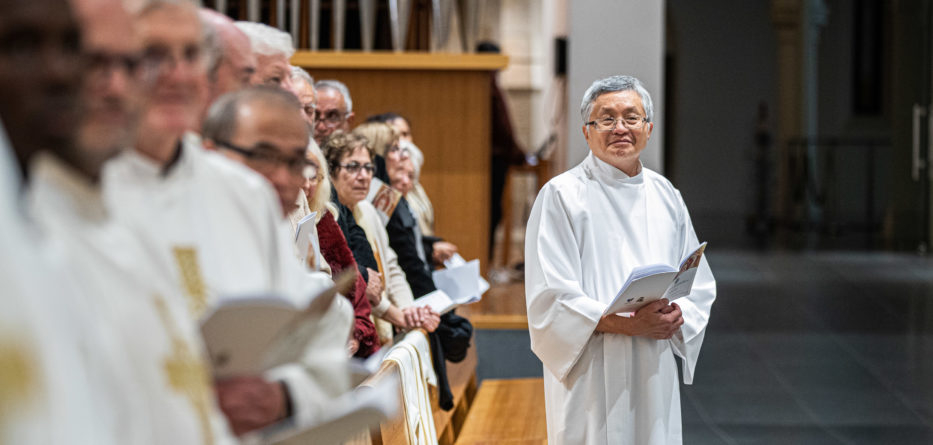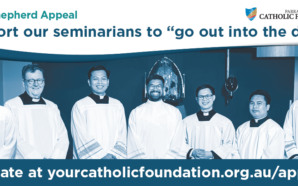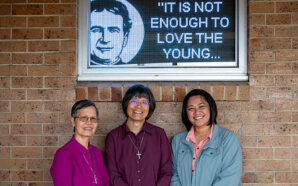I preached a homily on Christmas day, during which I mentioned the life of my good friend and colleague, Dr. Joe Pereira, who died just before Christmas. In the homily, I paid tribute to Dr. Joe’s life as a witness to the themes of communion, participation and mission as a family man, medical doctor and advocate for the refugee communities of Myanmar. I preached as a deacon of the diocese, and yet I also gave witness to Dr. Joe’s life in witnessing to the Word Made Flesh in the vulnerable infant Jesus. Dr. Joe’s life is an example of the life that is lived before it is told. It is a true synodal witness to the mission of the church in today’s world.
RELATED: The life of Dr Joe Pereira and the consultation for the synod of bishops
The Permanent Deacon typically enters formation at an older age than the average seminarian. This means that at ordination, he will already have significant life experience – that has the potential to make a significant contribution to his ministry as a deacon. In particular, he will bring to his ministry a deep understanding of issues affecting the family, the domestic church, since he will have experience in bringing up his own family in communion with his wife. At the same time, his work experience, especially where this involves caring for the more vulnerable, marginalised and powerless members of our society, provides a foundation that enables him to engage compassionately and justly with these issues in his ministry. Finally, where he has prior experience volunteering in the community, such as with the Vinnies’ night patrol, he will be able to bring to his ministry an awareness of the needs of the poor and the marginalised that is born of experience in the field.
In this respect, the servant leadership role of the deacon as an ordained minister of the diocese who is called to be a herald of the Gospel, builds on this rich life experience. For example, in that he has cared for a sick child in the early hours of the morning in his own family, he will bring empathy and compassion in ministering to families caring for a sick child. Another example is where his work in legal aid for victims of domestic violence places him well to care for domestic violence victims in his ministry.
The life experience of the deacon prior to ordination demonstrates, and gives witness to his life-long commitment to following the Gospel in his life. This commitment provides the foundation and starting point for his discerning of his call to the diaconate. Through the formation journey, he deepens his commitment to the Gospel in communion with his wife and family. Out of this communion, he is ordained to ministry in communion with his bishop. The fruits of his ministry may be understood in terms of the church called to be a synodal church on its mission to be Good News for one and all.
Given this context, the Synod of bishops’ focus on communion, participation and mission gives us a focus for reflection and discernment leading up to the National Deacons conference. The deacon is called to diocesan ministry while placed in a parish in communion with his bishop, other clergy, his wife and family (the domestic church), the ‘team’ that supports him in his ministry, and of course, the people to whom he is sent on mission.
Deacon Michael Tan is a member of the Permanent Diaconate in the Diocese of Parramatta and serves the parish community of St Madeleine Sophie Barat Parish, Kenthurst.








